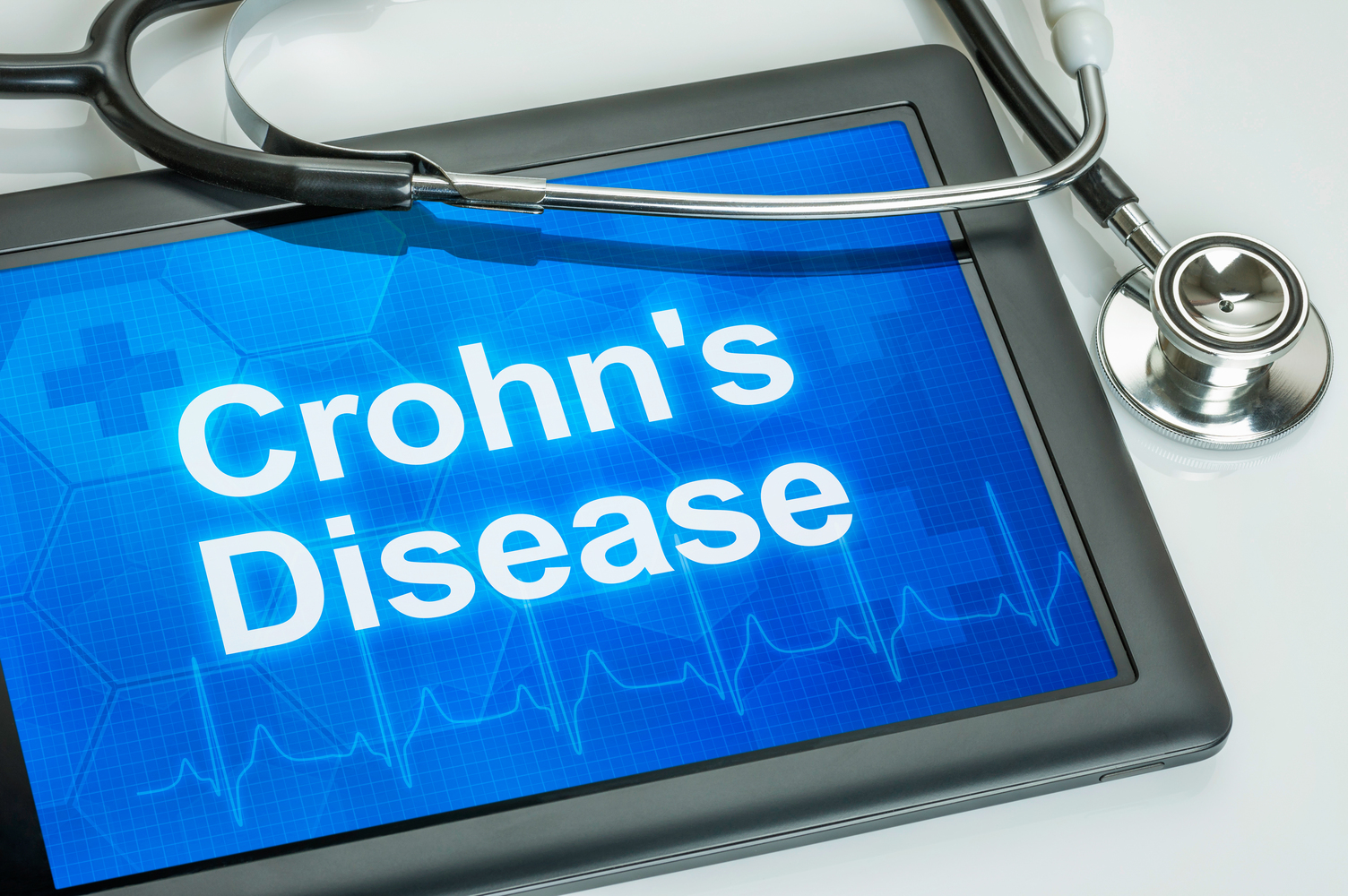
Everything you need to know about Crohn’s disease
Crohn’s disease is an autoimmune disorder that affects the digestive system. It is a type of inflammatory bowel disease (IBD) that causes inflammation in the lining of the digestive tract. This chronic illness affects people in sudden spurts, followed by periods of no/minimal symptoms. These spurts are called flare-ups. Although this disease causes a lot of discomfort, it can be managed with a good diet and healthy lifestyle changes. As it is an autoimmune disorder, it cannot be fully cured. Any treatment taken is aimed at reducing the symptoms of Crohn’s disease.
Signs and symptoms
The symptoms of Crohn’s disease are often vague and differ in severity from person to person. The symptoms can range from mild ones like occasional constipation, diarrhea, and cramps to more aggressive signs like fatigue and fever. Since this disease causes a lack of appetite and malabsorption of nutrients, it can lead to malnutrition and weight loss if not tackled on time. Some people can develop mouth sores, bloody stools, or sores in the anal region. Presence of one or two symptoms occasionally is not a cause for concern, but if these symptoms recur persistently and are severe in nature, it could probably be caused by Crohn’s disease.
Causes
There is no specific cause for this chronic disease. Since it falls under the autoimmune category, a malfunctioning immune system is the problem. Genetics and environmental factors also play a part in the development of Crohn’s disease. The root cause of all autoimmune conditions is an inflammatory response gone wrong. The immune system mistakenly attacks the body instead of foreign bodies. When the negative immune response is targeted at the digestive tract, it could result in Crohn’s Disease.
Diagnosis
Since Crohn’s disease causes symptoms that overlap with many other conditions, diagnosis is usually made through the process of elimination. A combination of imaging tests, physical examination, and blood tests are undertaken to rule out other health conditions and to find the specific part of the digestive tract that is affected. A physical examination is the first step which will be conducted after the doctor asks the patient about their symptoms and medical history. Blood tests to check for inflammation, infection, and lack of nutrients like iron, B12, and potassium, are imperative to determine the overall functioning of the digestive system and the body. A liver function test is also taken to assess if Crohn’s disease has affected the liver. Imaging tests like endoscopy, colonoscopy, and barium X-ray help in giving a clear picture of the inside of the digestive system, which makes it easier to determine the extent of damage caused by Crohn’s disease.
Treatment
There is no treatment to cure Crohn’s disease, instead, the treatments largely focus on reducing/managing its symptoms so that affected individuals can lead a normal life. In most cases, this condition can be successfully managed with lifestyle and dietary changes. During a flare-up, medications like antibiotics to fight stomach infections, anti-inflammatories to fight fever and inflammation, probiotics and other supplements to strengthen the immune system are recommended.



